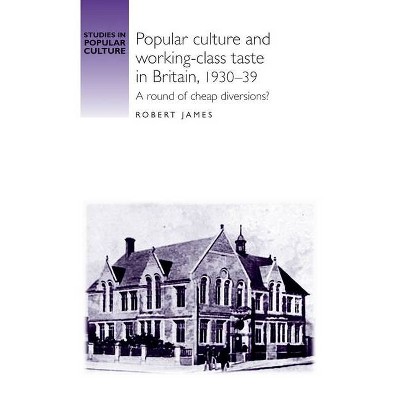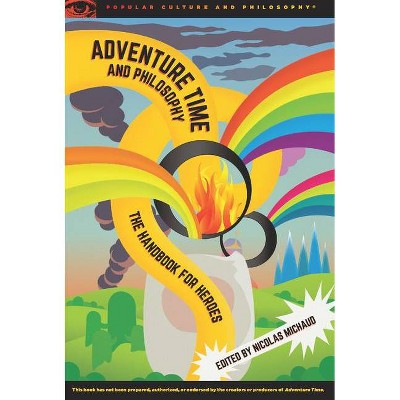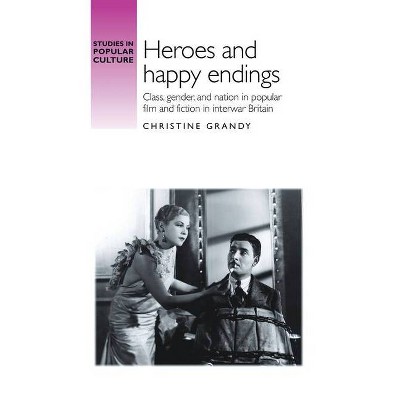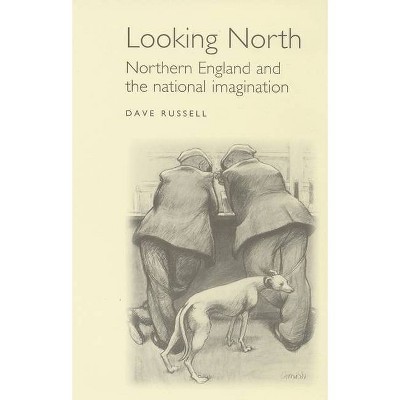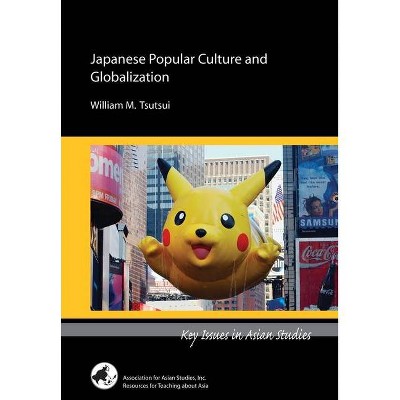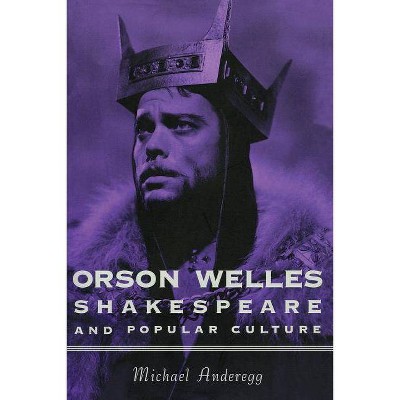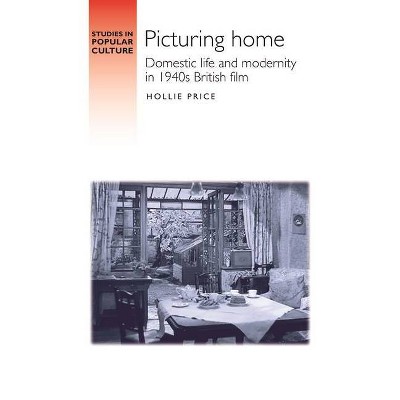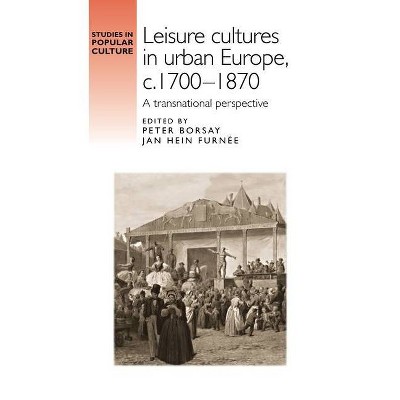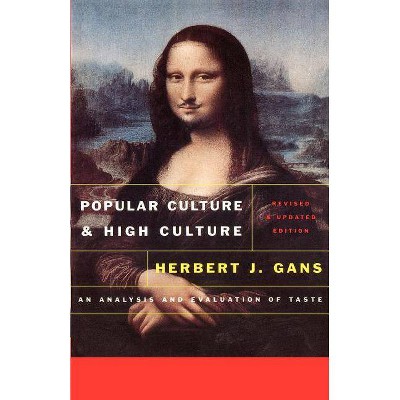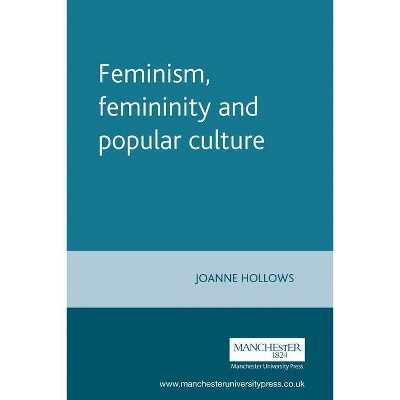Time, Work and Leisure - (Studies in Popular Culture) by Hugh Cunningham (Paperback)
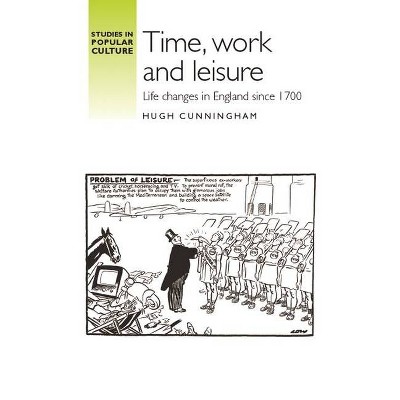
Similar Products
Products of same category from the store
AllProduct info
<p/><br></br><p><b> About the Book </b></p></br></br>Explores the major changes in our use of and attitude to time over three centuries. Asks why the 1960s and 1970s expectation that leisure time would increase has failed to come about<p/><br></br><p><b> Book Synopsis </b></p></br></br>This book traces the history of the relationship between work and leisure, from the 'leisure preference' of male workers in the eighteenth century, through the increase in working hours in the later eighteenth and early nineteenth centuries, to their progressive decline from 1830 to 1970. It<br>examines how trade union action was critical in achieving the decline; how class structured the experience of leisure; how male identity was shaped by both work and leisure; how, in a society that placed high value on work, a 'leisured class' was nevertheless at the apex of political and social<br>power DS until it became thought of as 'the idle rich'. Coinciding with the decline in working hours, two further tranches of time were marked out as properly without work: childhood and retirement. <p/>Accessible, wide-ranging and occasionally polemical, this book provides the first history of how we have imagined and used time.<br><p/><br></br><p><b> From the Back Cover </b></p></br></br>In the 1960s and 1970s it was argued that leisure time would increase at a rapid rate. This prophecy has turned out to be false, and time is now equated with achieving a 'work-life balance' where 'life' is often unpaid childcare and domestic work. This book traces the history of the relationship between work and leisure, from the 'leisure preference' of male workers in the eighteenth century, through the increase in working hours in the later eighteenth and early nineteenth centuries, to their progressive decline from 1830 to 1970. It examines how trade union action was critical in achieving the decline, how class structured the experience of leisure, how male identity was shaped by both work and leisure, and how, in a society that placed high value on work, a 'leisured class' was nevertheless at the apex of political and social power - until it became thought of as 'the idle rich'. Two further tranches of time came to be marked out as properly without work: childhood and retirement. By the mid-twentieth century, married men had achieved a work-leisure balance. This was far from the case for married women. The book shows how their entry into the labour market in the later twentieth century sparked new thinking about work and time, coinciding with a halt to the decline in working hours, and a reversal of the trend in some sectors of the economy. Accessible, wide-ranging and occasionally polemical, this book provides the first history of how we have imagined and used time.<p/><br></br><p><b> About the Author </b></p></br></br><br>Hugh Cunningham is Emeritus Professor of Social History at the University of Kent<br>
Price History
Price Archive shows prices from various stores, lets you see history and find the cheapest. There is no actual sale on the website. For all support, inquiry and suggestion messages communication@pricearchive.us
